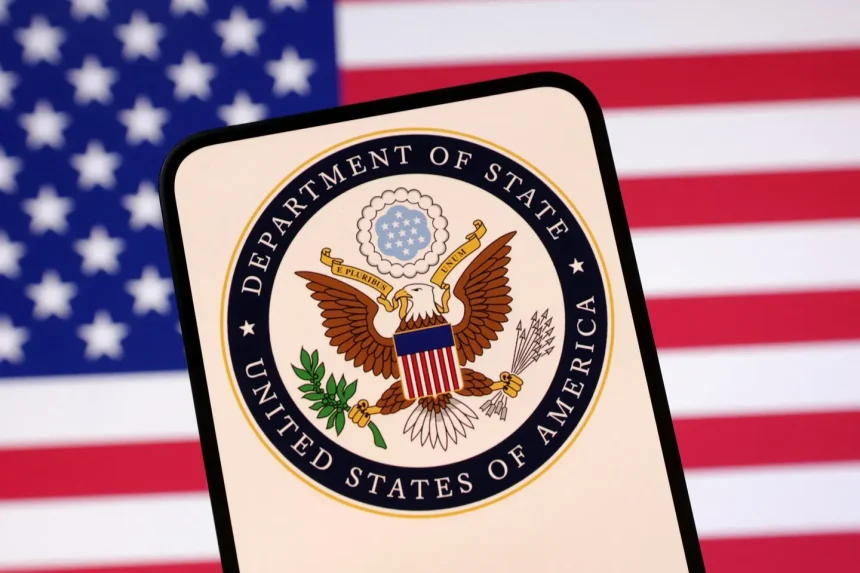The United States Department of State has unveiled a new visa bond policy targeting foreign visitors from countries with high rates of visa overstays, with Malawi and Zambia being the first to be affected.
Announced on Tuesday, the measure requires tourists from these two African nations to pay a refundable bond of between $5,000 and $15,000 when applying for US tourist visas.
This initiative is part of a broader effort to curb visa overstays and enforce US immigration laws more strictly.
The bonds will be collected during visa interviews and returned only if the visitor exits the US before their visa expires. Refunds will also apply if the visa is revoked, travel plans change, or entry is denied.
However, those who remain in the US beyond their visa period, or seek asylum or similar immigration protections, risk losing the full bond to the federal government.
The pilot programme is scheduled to begin on August 20 for both Malawi and Zambia, with additional countries likely to be added in the future.
“This targeted, common-sense measure reinforces the administration’s commitment to US immigration law while deterring visa overstays,” said State Department spokesperson Tammy Bruce on Tuesday.
The policy follows US President Donald Trump’s renewed tough stance on immigration since beginning his second term in office this January.
On day one, Trump signed an executive order titled “Protecting the American People Against Invasion,” which criticized the “unprecedented flood of illegal immigration” and pledged aggressive enforcement of immigration rules.
The visa bond initiative stems from that executive order and was formally introduced as a 12-month pilot on Monday.
“This [temporary final rule] addresses the Trump Administration’s call to protect the American people by faithfully executing the immigration laws of the United States,” a notice submitted to the Federal Register stated.
Each year, the Department of Homeland Security, publishes data on visa overstays. The most recent report, covering fiscal year 2023 and released in 2024, recorded 565,155 visa overstays, amounting to just 1.45% of all non-immigrant entries.
“In other words, 98.55 percent of the in-scope nonimmigrant visitors departed the United States on-time and in accordance with the terms of their admission,” the report stated.
Still, the overstay rates for Zambia and Malawi were notably high. Malawi recorded a 14.3% overstay rate, while Zambia stood at 11.1%.
Despite these high percentages, the actual number of overstayers from the two countries remains relatively low.
Just 1,655 individuals from Malawi visited the US for business or leisure in FY 2023, with 237 overstaying. Zambia saw 3,493 such visitors, of whom 388 did not leave on time.
In contrast, much larger numbers of overstays were observed from more populous nations. For instance, 20,811 Brazilians and 40,884 Colombians overstayed their visas in the same period.
Critics have condemned the new bond requirement as discriminatory and burdensome for travelers from economically disadvantaged nations.
Among the loudest voices is the Council on American-Islamic Relations, which labeled the bond policy a form of economic exploitation.
“This is not about national security,” said Robert McCaw, CAIR’s government affairs director. “It’s about weaponising immigration policy to extort vulnerable visitors, punish disfavored countries, and turn America’s welcome mat into a paywall.”
The bond policy will not apply to nationals of countries that participate in the US visa waiver programme, which allows travel to the United States without a visa for certain nations.
